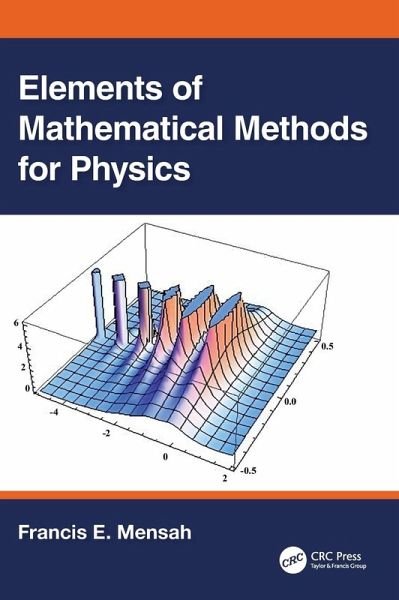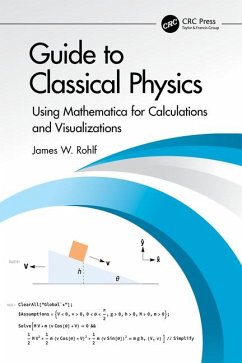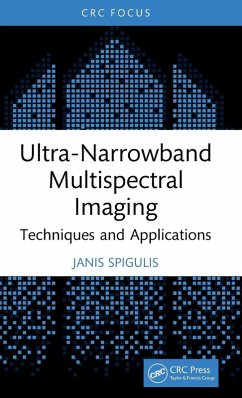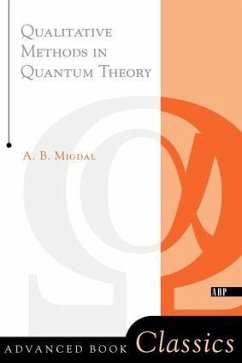
Elements of Mathematical Methods for Physics
Versandkostenfrei!
Versandfertig in 6-10 Tagen
78,99 €
inkl. MwSt.
Weitere Ausgaben:

PAYBACK Punkte
39 °P sammeln!
Elements of Mathematical Methods for Physics provides students with an approachable and innovative introduction to key concepts of mathematical physics, accompanied by clear and concise explanations, relevant real-world examples and problems that help them to master the fundamentals of mathematical physics. The topics are presented at a basic level, for students lacking a prior mathematical background.This book is designed to be covered in two semesters, presenting 18 chapters on topics varying from differential equations, matrix algebra and tensor analysis to Fourier transform, including spec...
Elements of Mathematical Methods for Physics provides students with an approachable and innovative introduction to key concepts of mathematical physics, accompanied by clear and concise explanations, relevant real-world examples and problems that help them to master the fundamentals of mathematical physics. The topics are presented at a basic level, for students lacking a prior mathematical background.
This book is designed to be covered in two semesters, presenting 18 chapters on topics varying from differential equations, matrix algebra and tensor analysis to Fourier transform, including special functions and dynamical systems.
Upper-level undergraduate and graduate students of physics and engineering as well as professionals will gain a better grip of the basics and a deeper insight into and appreciation for mathematical methods for physics.
Key Features:
- Reviews and presents the basic math skills needed at the undergraduate level.
- Chapters accompanied by examples and end-of-chapter problems to enhance understanding.
- Introduces dynamical systems and includes a chapter on Hilbert Space
This book is designed to be covered in two semesters, presenting 18 chapters on topics varying from differential equations, matrix algebra and tensor analysis to Fourier transform, including special functions and dynamical systems.
Upper-level undergraduate and graduate students of physics and engineering as well as professionals will gain a better grip of the basics and a deeper insight into and appreciation for mathematical methods for physics.
Key Features:
- Reviews and presents the basic math skills needed at the undergraduate level.
- Chapters accompanied by examples and end-of-chapter problems to enhance understanding.
- Introduces dynamical systems and includes a chapter on Hilbert Space














